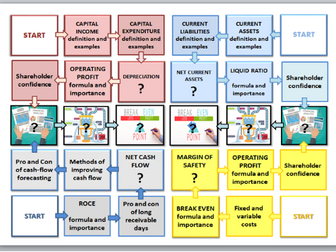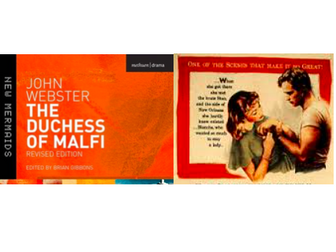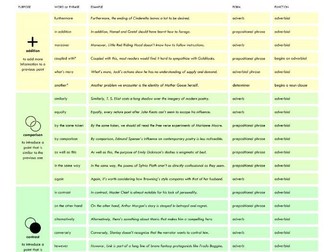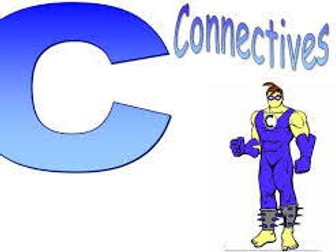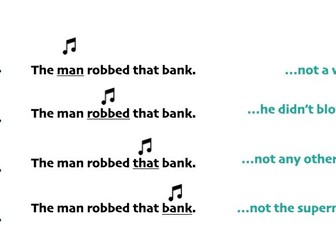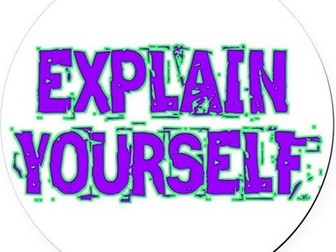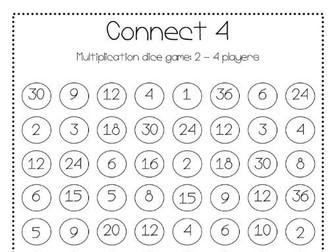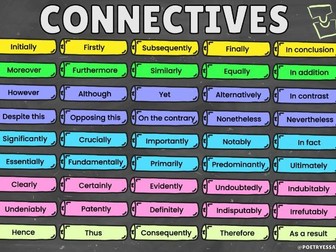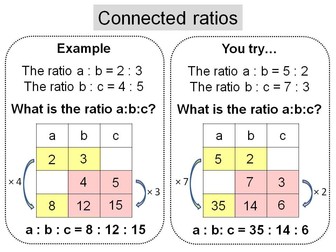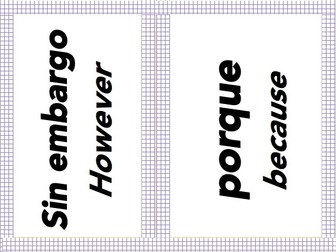
Connections- Business Finance Game
A team or individual game board activity requiring students to stretch their subject knowledge ahead of the GCSE, A level or BTEC Business L2/3 Personal and Business Finance exams.
Students make their way around the game board defining key terms, answering questions and undertaking challenges. They will develop analytical skills by linking each point carefully with the next… hence the title ‘Connections’!
Topics covered include break-even, cash-flow, financial statements and ratio analysis.
